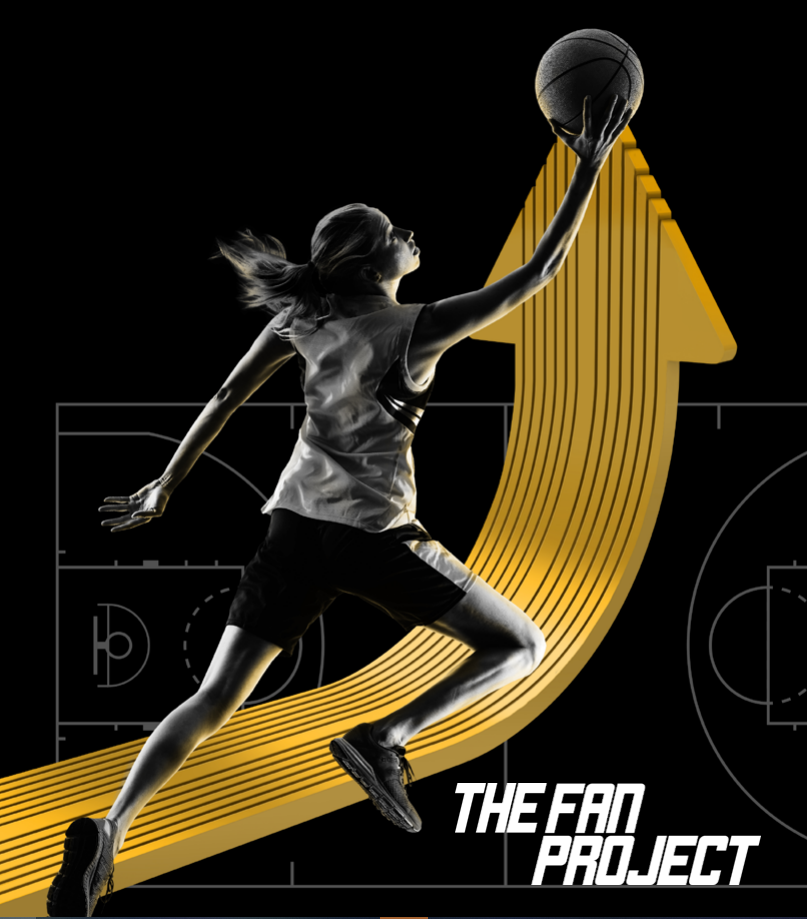Former Olympic ice hockey gold medallist and International Olympic Committee (IOC) member Angela Ruggiero believes more research should be done into how athletes feel about protests being allowed upon the podium.
The IOC’s Rule 50 has been a huge discussion point in recent months given that it forbids demonstrations to be made on the Olympic podium as famously occurred during the 1968 Mexico Olympics after the men’s 200 metres, when Tommie Smith and John Carlos of The United States and Peter Norman of Australia co-operated to send a message espousing human rights and in particular the rights of black people.
Ruggiero is founder and chief executive of Sports Innovation Lab, a technologically powered sports market research firm whose most recent work - the Fan Project - shows increasing identification among "fluid fans" for the core values of the athletes they follow.
Asked for her view on the ongoing controversy over the IOC’s Rule 50, she told insidethegames: "Our research within the Fan Project shows that, increasingly, fans want to understand who the whole athlete is.
"What are the things that they care about, what are their likes and dislikes, what are their values, what are the issues that they support?
"It’s not surprising that the discussion over Rule 50 is going to come to a head and it is already in the Olympic space. This issue isn’t going away.
"Athletes are expected to be and are increasingly not just entertainers, but influencers.
"They can speak up and drive people to the polls.
"They can speak up on social justice issues or gender issues, or whatever the thing is that the care about.
"Athletes have always been influencers but technology has enabled them to go direct to consumer and there’s now more of an expectation that they take that advocacy on in some way, that they show who they are and what they represent, that it isn’t just on their social platforms it’s in everything they do.
"My personal thoughts on this are I think the podium - well look, if you don’t have permission of the other athletes that are on the podium with you and you in some way take that moment away from them because of your protest I think it’s a tough one for me.
"Because if that’s your only moment in time and because of the issue the snapshot isn’t about you as an athlete it’s about something else.
"I can relate to that.
"But you may have permission of those athletes.
"Or you can decide that you just want to keep that one site clean and all the athletes agree on that, which I believe is what the IOC’s Athletes Commission came back with.
"The recommendation was you can protest in other areas within the Village.,on your own social media and other platforms that you have.
"So it’s a tricky one because I just feel like its heading in this direction and everyone is trying to figure it out.
"But a clean venue and a clean podium is something that the IOC has had for ever so it conflicts with what that is.”
If athletes on podium all aware and accept a protest, as in 1968 Mexico Olympics - does she believe a podium protest could then be morally justified?
"That’s what I would love the next iteration of Athletes Commission research to address," Ruggiero said.
"Because right now the assumption is that you are taking that moment away from your fellow athletes and so that we should keep that venue clean.
"I would be curious to know what athletes think about this. Because you could do it individually, but there are repercussions on the Olympic Movement.
"It s moving in this direction so I just feel like, we need to learn more, we need to talk to the athletes directly.
"I’m encouraged that we are having more of those conversations, but again, if this is my one opportunity to win a medal, and someone takes that moment away from me without permission, that’s been I think a big part of the conversation."
To read the Fan Project report click here.
Read the full interview with Ruggiero on the Big Read by clicking here.

